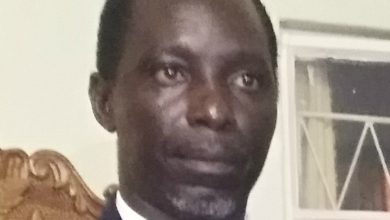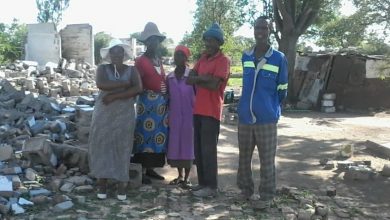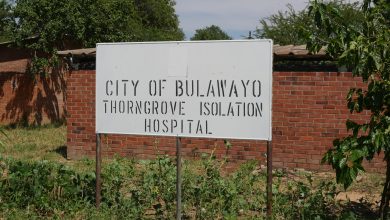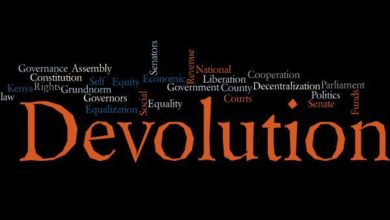‘Improved livelihoods strengthen family relations’
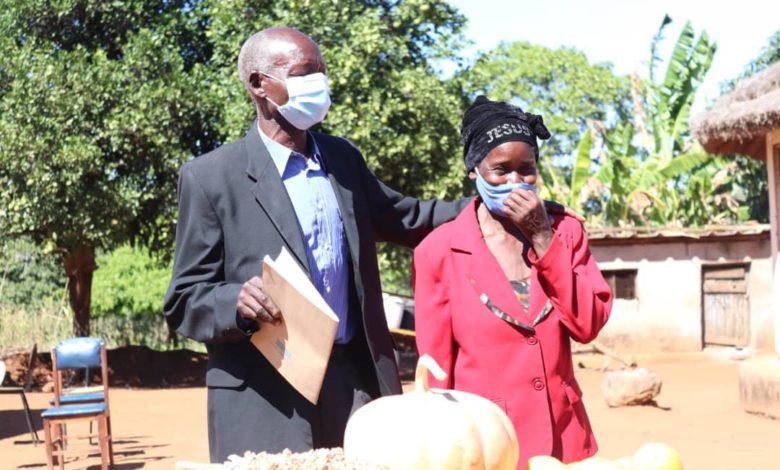
Some rural communities in Chiredzi and Mwenezi Districts have managed to reduce cases of domestic violence and strengthen relations in households after implementing sustainable projects that improved their livelihoods.
Most families are going through financial hardships, where households face food insecurity and stress that often leads to violence in homes.
Communities have testified that stress from financial hardships negatively affects families as members become frustrated, irritable, short tempered and resort to violence.
Across Zimbabwe, there was a rise in Gender Based Violence cases while multiple forms of violence increased particularly during the Covid-19 lockdown period, as households experienced more financial pressure hence the need for social protection.
But some households in Chiredzi and Mwenezi say they are now “stress free,” after participating in sustainability projects that have led to improved livelihoods.
The activities were introduced by the Zimbabwe Resilience Building Fund (ZRBF), Enhancing Community Resilience and Sustainability (ECRAS) project that seeks to increase capacity against recurrent hazards that affect Zimbabwe.
These recurrent hazards include drought, mid season dry spells, livestock death, crop pests, floods among other financial shocks that occur.
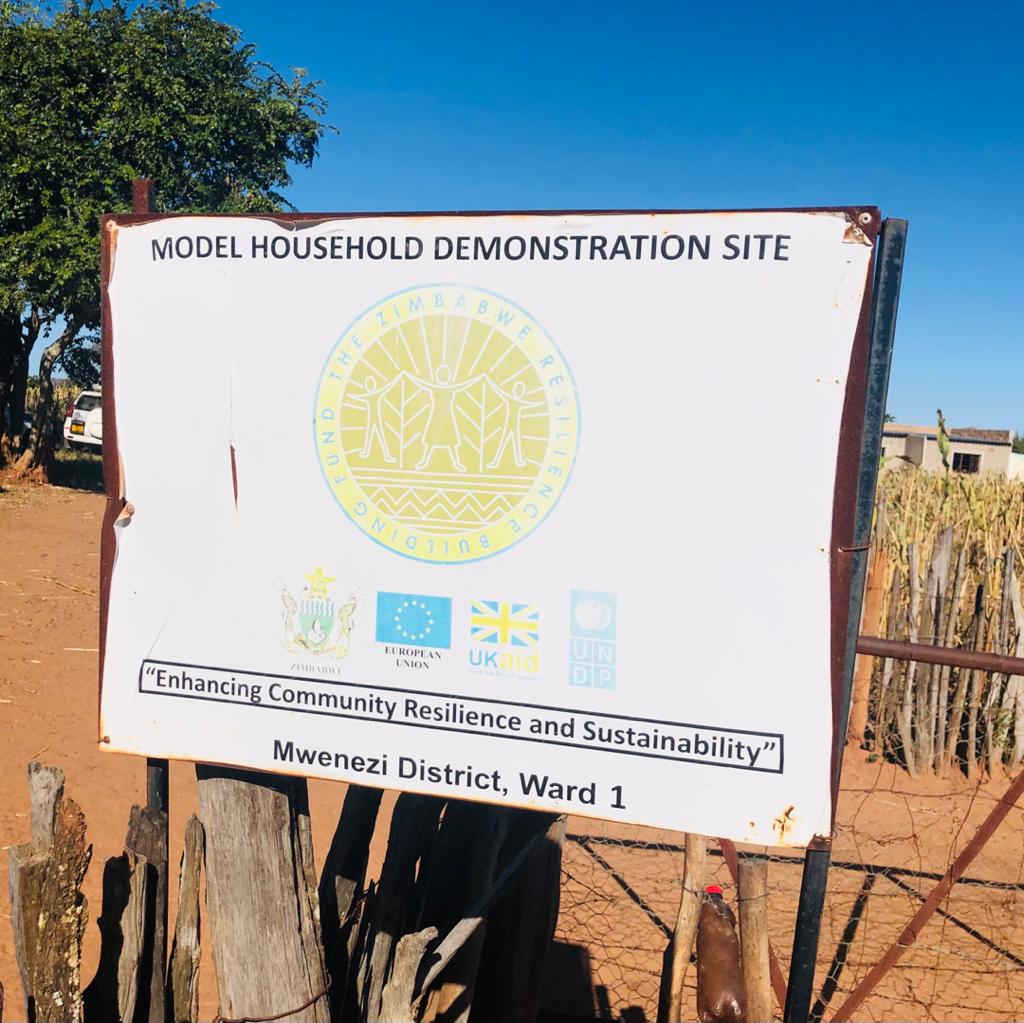
As a way of transforming households, the ZRBF ECRAS project educated villagers how to be sustainable.
Rose Farai Komondela (46) from Guliji Village,Ward 22 in Chiredzi confirmed the relationship with her husband improved after their livelihoods changed from proceeds made from goat breeding, fish and poultry production.
“Chiredzi borders South Africa on one end and Mozambique on the other. My husband went to South Africa. In 1998 returned carrying only a radio and a solar panel. Initially, he didn’t want me to participate in ECRAS projects. I begged until he eventually accepted,” she said.
“What I learnt, I put into practice, started growing sunflowers, legumes and producing fodder for livestock.”
When her activities started paying off, Komondela was able to increase production.
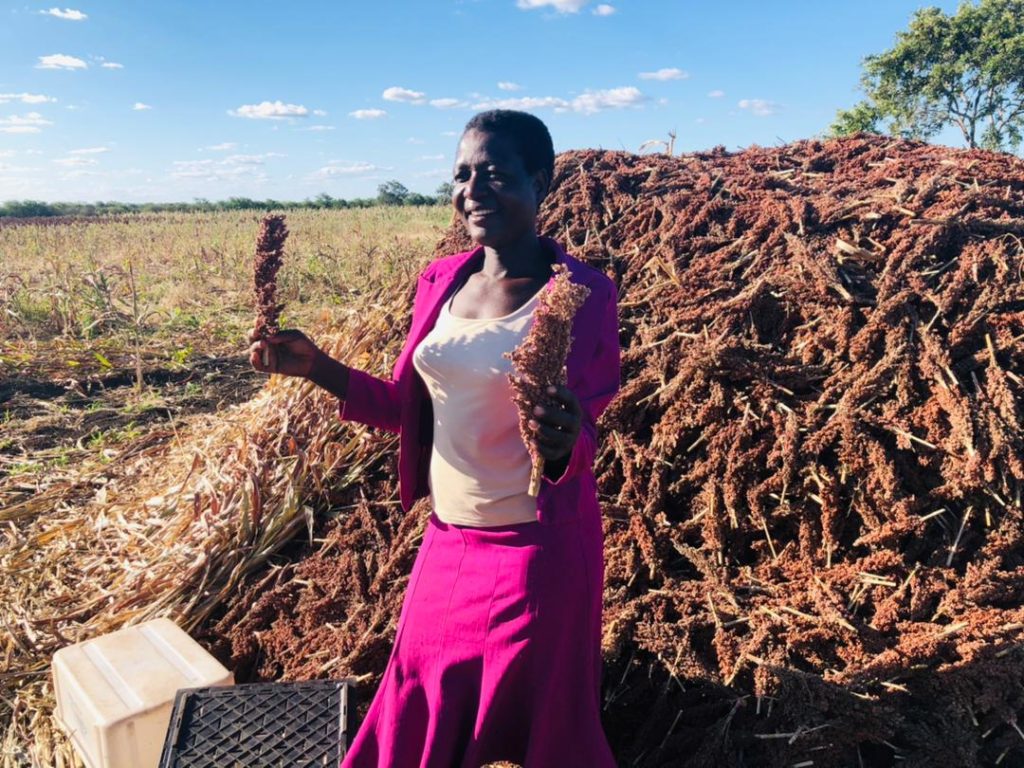
“I was given tips by AGRITEX officials, sold my produce and re-invested. When the projects proved to be sustainable, domestic problems with my husband lessened. The more I asked for money when he was broke, the more problems we had,” she said.
“I became sustainable, stopped pestering him for money to buy relish, cooking oil or salt until my husband realised my work was rewarding.”
Komondela indicated her husband started assisting and by working together they managed to solve their challenges.
“I feed chicken and he feeds the fish. Now we are stress free,” she smiled.
“Actually our fish pond has become a recreational area, as those who want to destress come and view the fish.”
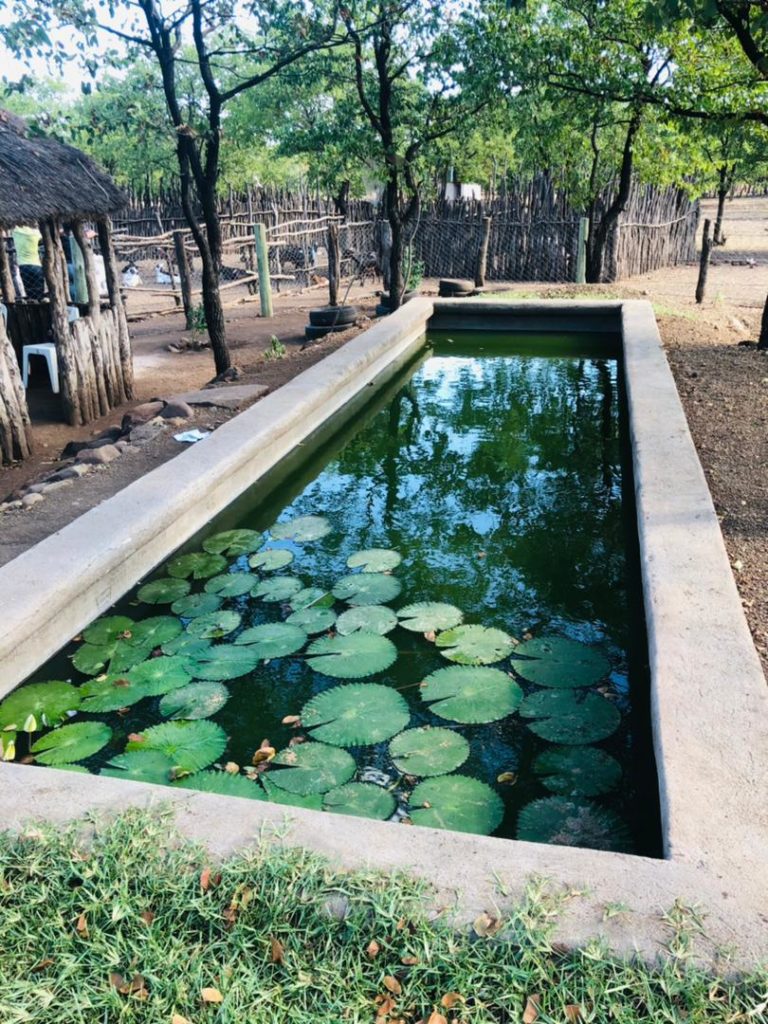
In 2018, Komondela ventured into goat production and sells each for US$30.
She also mentors other women in the area.
“As women we run a village savings and lending scheme –Mukando, that enables us to buy more livestock and property,” she said, boasting she even bought a pick-up truck.
“We sell nutritious solar dried vegetables. Our children go to boarding school. Since we use underground water, we installed a borehole. My home has hand wash facilities and proper toilets. In fact there are 48 toilets in this area.”
“The borehole serves 84 households, 480 cattle and 1 200 goats. From the 84 households, 62 have nutritional gardens.”
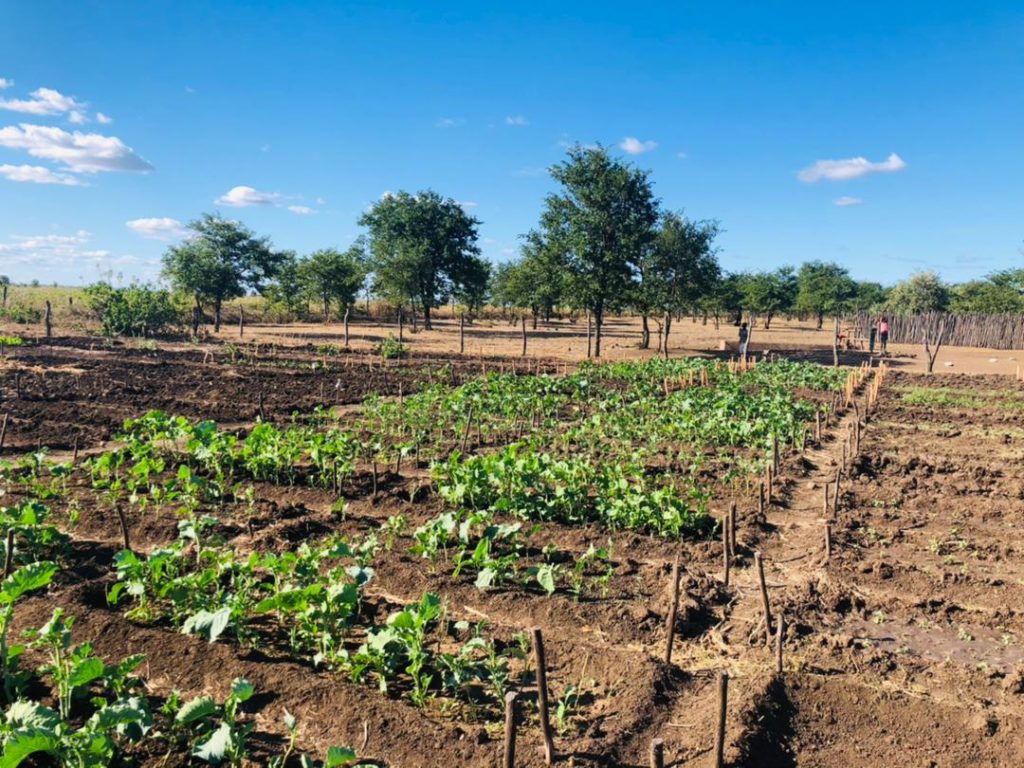
Komondela highlighted resilience goes beyond projects as it extended to family relations and added she is happier in her marriage.
She also mentors youth in the area and one of them, Elijah Kachane (32) disclosed he left South Africa as he was struggling there.
Kachene took part in ECRAS projects, worked hard, raised funds and now runs a grinding mill, charging R20 for a bucket.
“In a week I grind about 50 buckets,” he said.
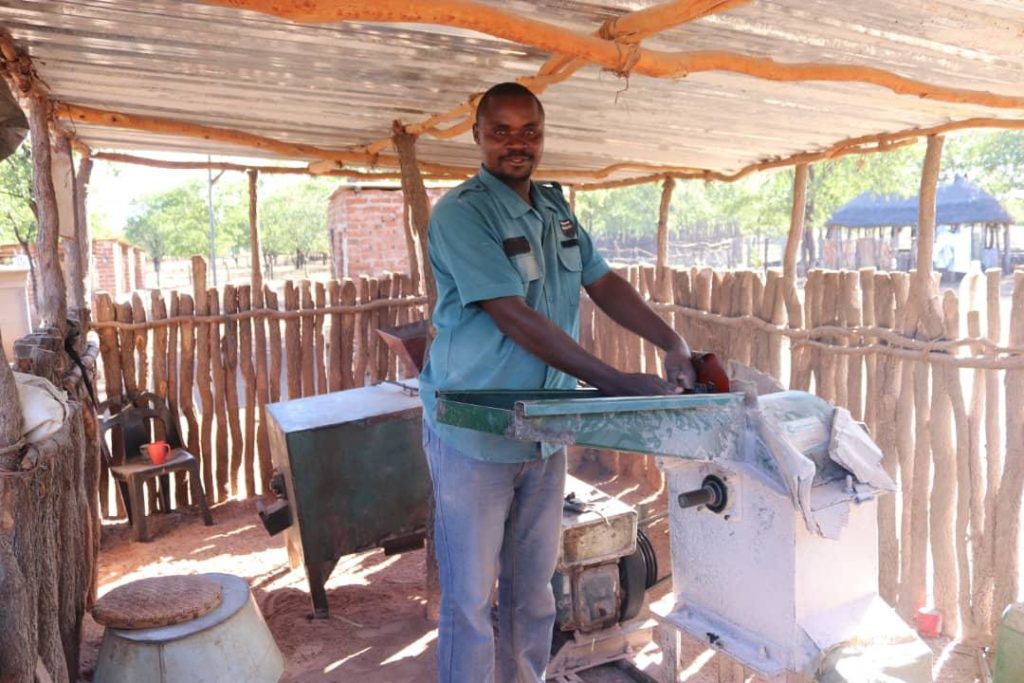
Liznet Mudzingo (29), a youth living with a disability, runs a tuckshop at Komondela’s home, selling various goods such as homemade peanut butter and scones baked from an underground oven.
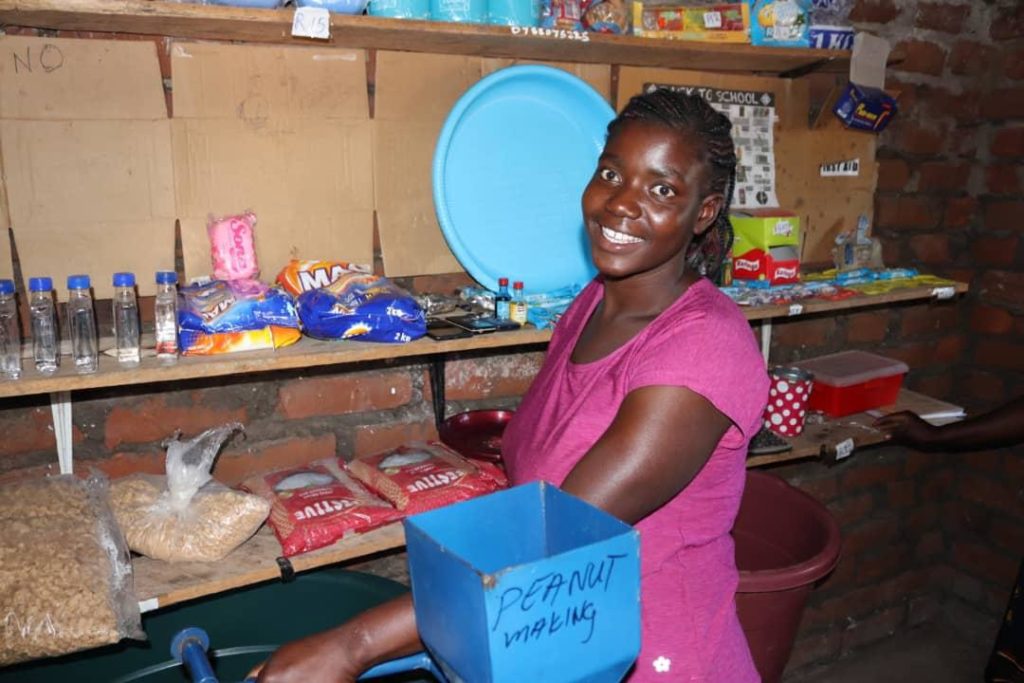
“People often joke that my home is now the business centre, as lots of activities happen here,” Komondela summed.
In Mwenezi, Tengera Village, Ward 2 Neshuro, lives another ‘happier’ family.
Siyaphila Hlongwani (70), a pensioner who used to work for National Foods, bemoaned financial hardships had strained relations with his wife, Sister.
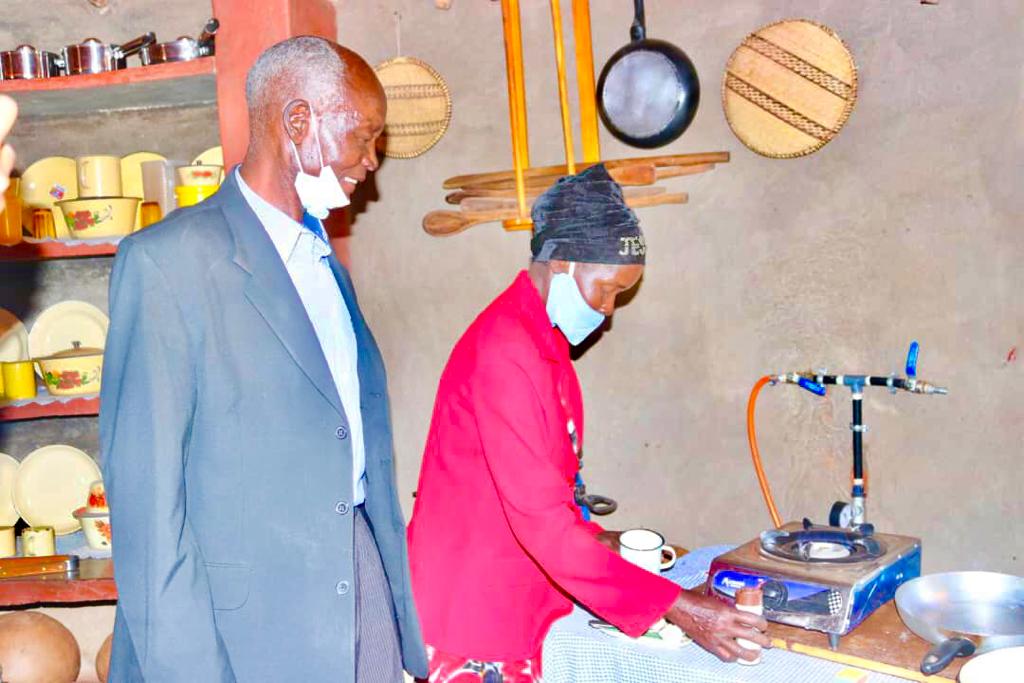
The Hlongwani’s joined ZRBF ECRAS projects and currently grow multiple drought resistant crops including sunflowers.
They have various livestock and produce their own feed, where all the waste is fed into a biogas digester used for cooking.
“What we have today is thanks to my simbi (wife), a hard worker. I used to doubt these community projects but my wife encouraged me to have faith. We now run profitable activities and our plan is to buy more cattle this year. I am glad I allowed my wife to join. We are happy and no one starves here,” Hlongwani said.
His wife also beamed about the biogas digester, saying it reduced cooking time due to the high heat generated, was a cleaner source of energy and they stopped chopping trees.
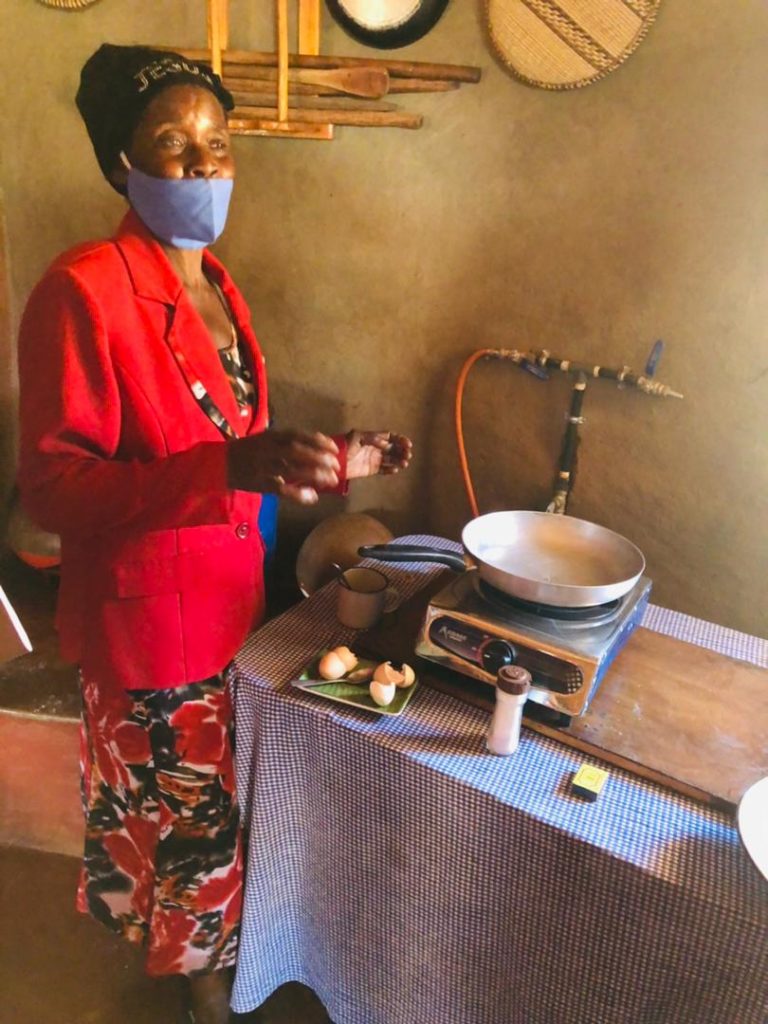
The Hlongwani’s home is a model household where they inspire other villagers.
Vonai Dube (62), a widow said she was motivated to produce livestock, chicken feed and is able to support her children.
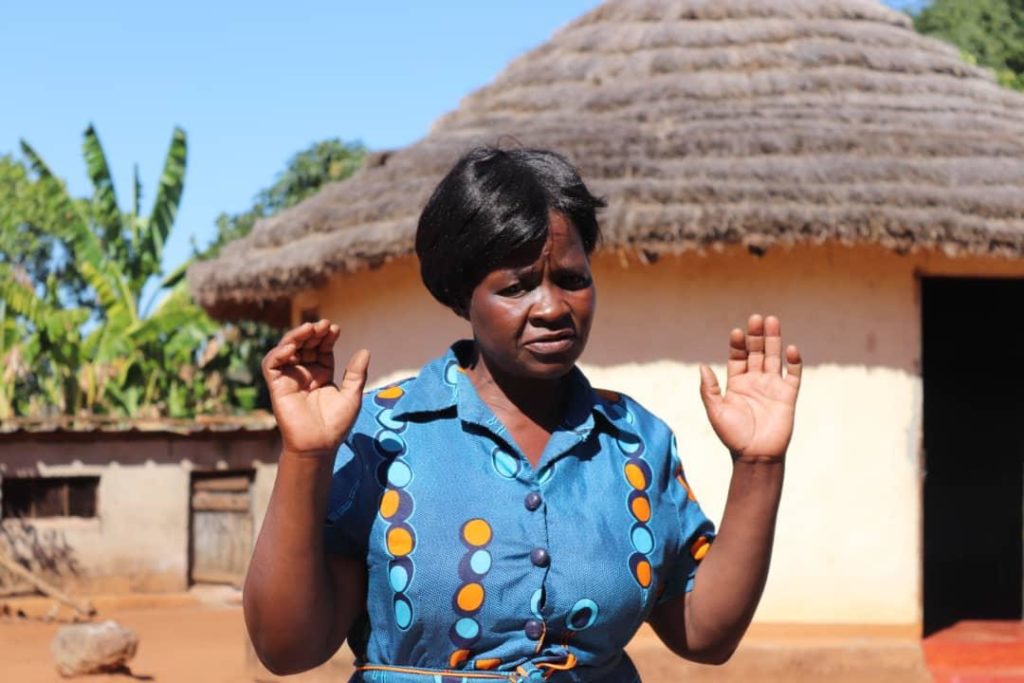
The ZRBF ECRAS projects in Chiredzi and Mwenezi started in July 2016 and end in June 2022.
They are implemented by Care International, Plan International, ICRISAT and funded to the value of US$9.7 million.


